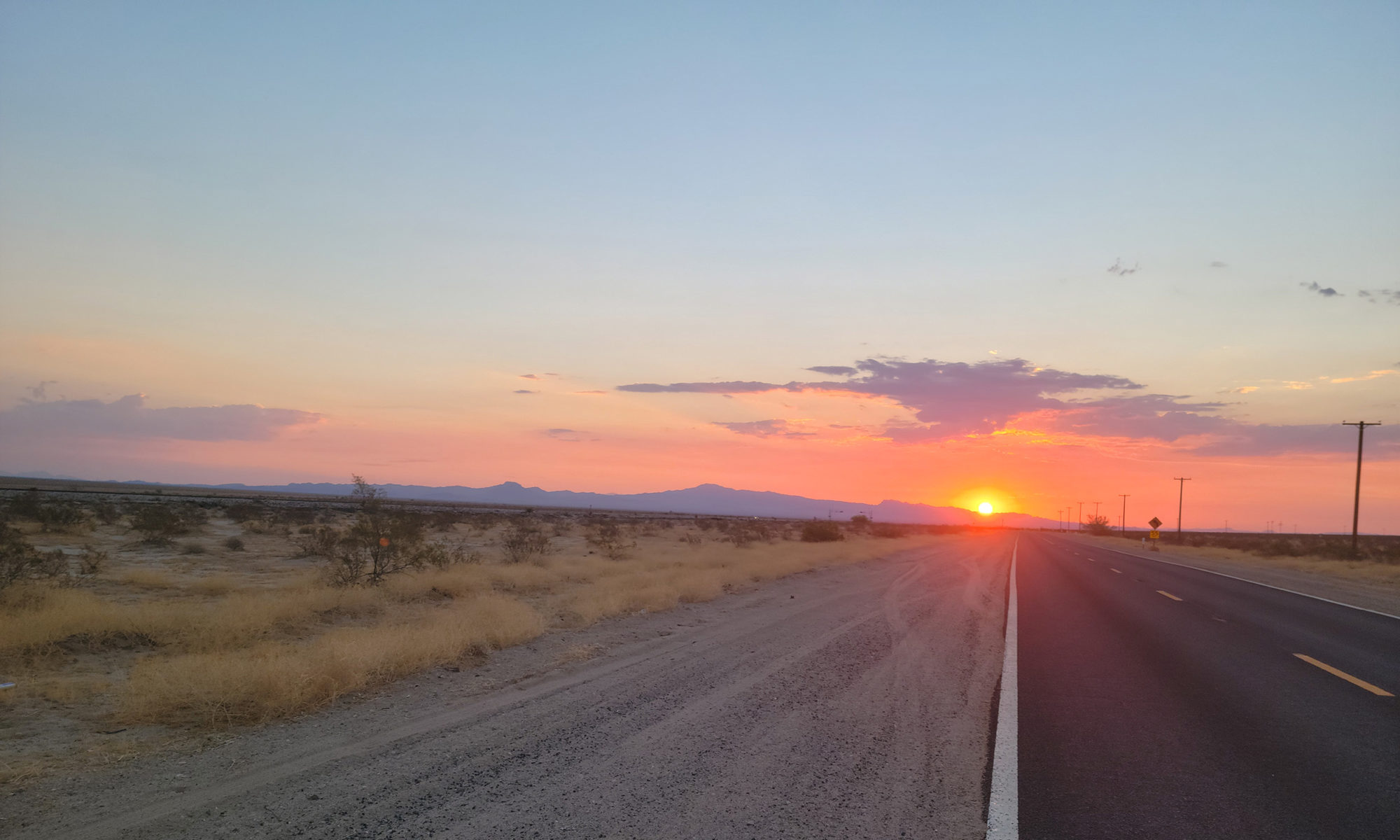As an Appalachian Trail thru-hiker, once you’ve trekked southbound through Maine’s gnarly trails and into New Hampshire’s White Mountains, attitudes and perspectives change dramatically.
You gain a new kind of street (or, in this case, trail) cred. Fellow thru-hikers look at you differently, talk to you with a heightened respect and seek your knowledge in a way they never would have when you were a newbie back in central Maine.

In those nascent days of first stepping into the 100-mile wilderness, the few northern-bound thru-hikers (NOBOs) floated by like battle-worn soldiers, having survived the Whites and the maddening, rocky, rooty climbs of southern Maine – not to mention 1,700 previous miles of AT. You nearly genuflected to their experience and superior knowledge, like a rookie thirsting for nuggets of wisdom.
I was talking about this with my hiking friend Grills on a recent descent down from the Franconia Ridge. Grills completed thru-hikes of the Pacific Crest Trail (PCT) and the Continental Divide Trail (CDT) and has hiked the Colorado Trail, the Arizona Trail and other rites of passage. His successful completion of an AT thru-hike will net him the vaunted Triple Crown, a rare accomplishment of having thru-hiked the AT, PCT and CDT. These people are regarded like hiking gods on the trail.
“It’s like everything changes once you get into the Whites as a SOBO,” Grills said. “Like all of a sudden you got respect.”
I had to agree, and said so. “I’ve noticed,” I said. “Now, NOBOs ask me for advice about the trail coming up and listen to what I have to say. It wasn’t like that in Maine.”
100-Mile Test
There’s no name for this phenomenon that I know of. It’s just a shift, a subtle accumulation of worldliness by virtue of having gone through something difficult and survived to continue on.
This is an earned respect, to be sure. Hiking the AT south through Maine is, by popular consent, a trial by fire, a grueling 280-mile test of will in which your body and mind will be pushed to their limits of ability, resourcefulness, patience and endurance.
On my first day heading into the 100-mile wildnerness, back on July 1, I stopped by a convenience store at Abol Bridge, the northbound entrance to Baxter State Park, to chat with a few fellow hikers. One 19-year-old NOBO was giving us SOBO newbies an account of what lies ahead.
“The 100-mile wilderness is a test to make sure you can even survive out here,” he explained. “Then you make it through there, and you climb up White Cap Mountain, your first ‘real’ mountain. That’s a warm-up for what’s coming up in southern Maine. And that’s a warm-up for the Whites in New Hampshire. It just keeps getting harder and harder, man.”
With each word me and my fellow SOBOs slunk deeper, our chins lowering heavily to the ground, daunted by his admonition. What were we getting ourselves into?
Earned Respect
That young NOBOs words turned out to be punishingly precise, and rang in my head every time I pushed my body to take another steep step upward climbing through the mountains of southern Maine and New Hampshire’s Whites.
Now, on the other side of the White Mountains, about to walk across the Connecticut River from Hanover, New Hampshire, into Norwich, Vermont, I understand with a rearview lens what all the admonitions were about.

Hiking the AT SOBO will require grit right up front before your body and mind realize the need for it. The way I see it in retrospect is that I went into a kind of shock in which my brain became hyper-focused on the task – i.e. making it through Maine, surviving the seemingly impossible climbs of the Whites.
Once you do – once you survive that rite of passage and come out on the other side, that is, here in Hanover, NH – you have earned a certain aura of hard-earned respect based on your experience. NOBOs have not yet gone through this grinder, though they have survived the long-term slog to get this far north on the trail.
But at this trail transition, from the straight-up climbs, rocks and roots of Maine and New Hampshire, to the relatively smoother, dirt and pine-needle trails with vastly milder inclines of Vermont, Massachusetts, Connecticut and New York, we SOBOs and our northern counterparts are clearly on more even ground. The mere whiff of superiority from those NOBOs of Maine doesn’t exist here. We are closer to brethren, mutually respecting what each other has achieved.
And we’re still here, continuing on.


